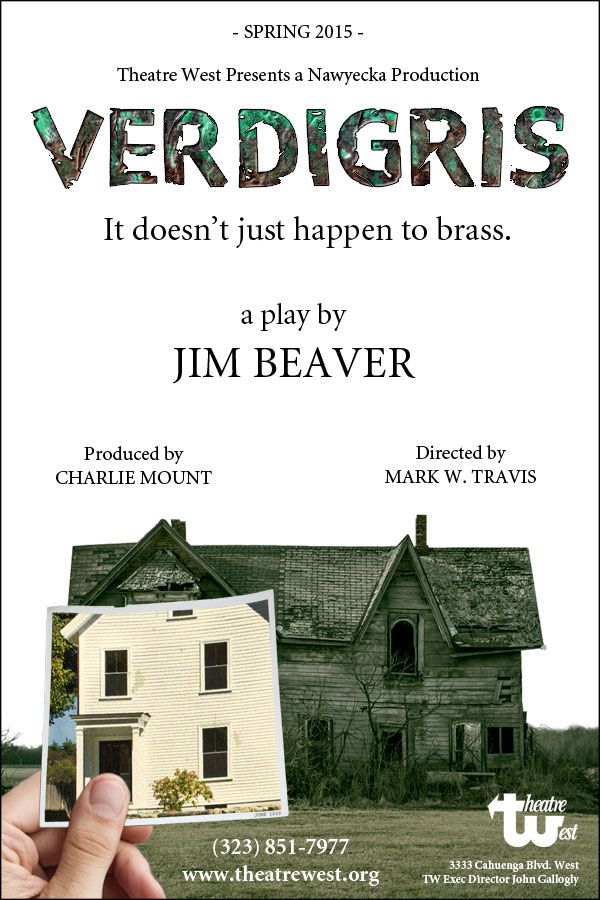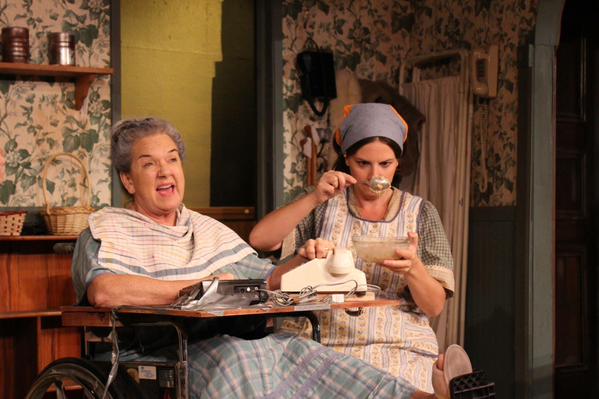For almost four years, I was a theater critic here in Los Angeles. During that time, I saw A LOT of theater. Sometimes 2-3 shows a week. Last year I decided that it was time to hang up my critic hat, for two main reasons.
- It was extremely time consuming. The average play, with intermission, is 2-3 hours. Plus the travel time to get there, which in LA can easily be an hour each way. Then the time to actually write the review, 3-4 hours. Then multiply that by the number of shows that week. I was spending way too much time and energy on something that wasn’t a part of my long term goals.
- I was tired of the negativity. Over those years I saw some really incredible theater. The sheer amount of talent in this city astounds me, and I’m not just talking about the big houses that have money for elaborate sets and famous actors. There are some smaller companies, with no budget to speak of, that do absolutely marvelous work. However, I also saw a lot of really bad theater, and for some reason that bad theater always seemed to come in waves so I’d get smacked with 10-15 bad ones in a row. As I didn’t feel comfortable writing reviews that glossed over just how bad the play was, i.e. lying through my teeth, I wound up writing quite a few uncomplimentary reviews. This weighed on me. I didn’t want to be negative anymore.
So I stopped reviewing. I have not, however, stopped seeing theater. My frequency is significantly less, but I still go, and every now and then I see a play that either the script, or the performances speak to me and I wish that I was still reviewing so that I could tell everybody just how amazing the production was. Then it occurred to me, I still can. I can use my blog instead of a newspaper. I saw one such production this weekend, “Verdigris” by Jim Beaver at Theatre West. This play first appeared 30 years ago on the same Theatre West stage with the same director, Mark W. Travis, at the helm. In the playwright’s note, Beaver describes that first production as the catalyst for what was to become his successful career, as it landed him several writing jobs in Hollywood. After seeing this production I can see why.
Taking place in a small backwater town in Oklahoma, it would be very easy for a writer to slip into two-dimensional, stereotypical characters that get laughs, but have no substance. Instead, Beaver takes these outlandish personalities and infuses them with such depth that anyone who has spent time in a small town has to smile, because they have met at least one of those people. Whether it’s the invalid Margaret running multiple businesses out of her dilapidated home, her obstinate son, Carl, and his dotty wife, Bonnie Fern, who wants to send her to a nursing home, her inebriate brother, or the rag-tag group of employees – that Margaret both loves and verbally abuses at the same time – that are constantly coming and going. Travis’ direction accommodates the ingress and egress of all of these characters, creating a busy chaos, without ever losing sight of the focus of the scene. It’s an impressive feat.
Even more impressive is the assembled cast. Sheila Shaw, as Margaret Fielding, is a powerhouse, acting as the eye of the storm that all of the activity revolves around. (She is also the only member of the cast, who appeared in the original production, but as May Bee in the first run.) Adam Conger as Richard Muldoon, Jim Beaver as Jockey Farrell, and Dylan Vigus as Ben Bo Burley, all turn in memorable and nuanced performances. However, it is Corinne Shor, as May Bee Burley, who brought me to tears. May Bee, sister to Ben Bo, is one of Margaret’s employees. She is ridiculed for her weight throughout the play, and is generally seen as stupid and ugly. She is so painfully shy and beat down by life that she largely keeps her mouth shut, taking whatever abuse is flung at her, and when she does talk, she struggles to string words into sentences when around Richard, because she likes him. For much of the play she is a door mat.
It is in the second act that she finally works up the courage to truly speak with Richard – a conversation that is heartbreaking to watch, both because of the bravery it takes to stammer through and the obvious cost of that bravery, which is written across her face when the inevitable end comes to pass. It is then, on the tail of this wave of emotion, that May Bee finally stands up for herself to Margaret, and everyone else, declaring that she is a person too. A good person who doesn’t deserve to be made fun of. *It is a beautiful moment of triumph that has clearly come from a lifetime of degradation. Shor plays it perfectly, and just when you think you can’t feel for a character any more, she comes back for her final scene. Her goodbye to Margaret is so strikingly painful, that you just want to fold her in your arms and tell her that everything is going to be alright. But you don’t, because you can see in her eyes that she already knows that . . . and because it’s a play and that would be awkward.
That right there is the true beauty of this production. It doesn’t feel like a play. It feels like an interaction with people that you might know in real life. So I tip my hat to you. You moved me enough to draw me out of retirement.
*In the talk-back after the show, Jim Beaver revealed that this moment was written as an apology to his sister. She struggled with weight problems, and growing up he relentlessly teased her, making her life “a living hell.”
 Verdigris runs through April 26th – www.theatrewest.org
Verdigris runs through April 26th – www.theatrewest.org


